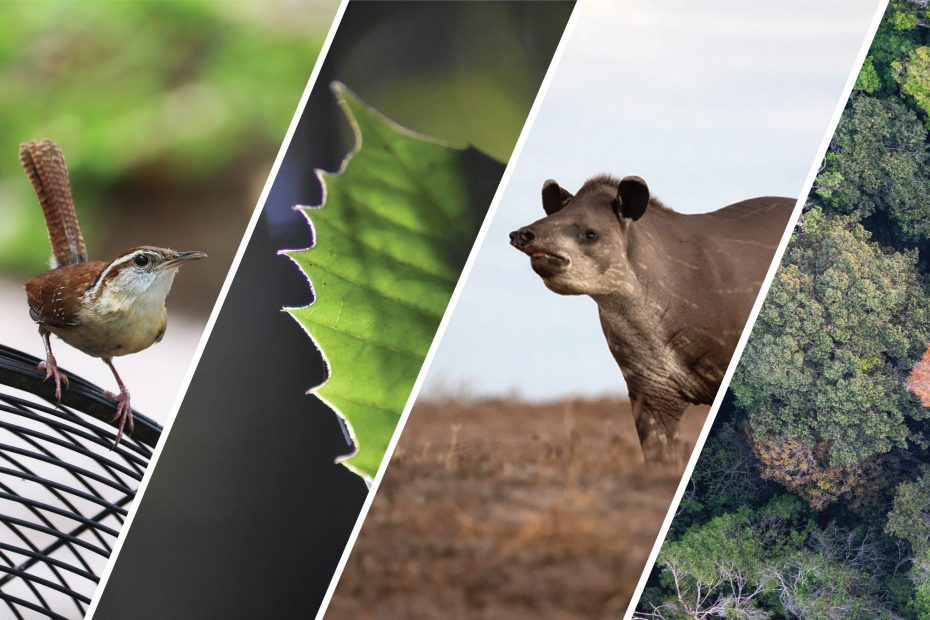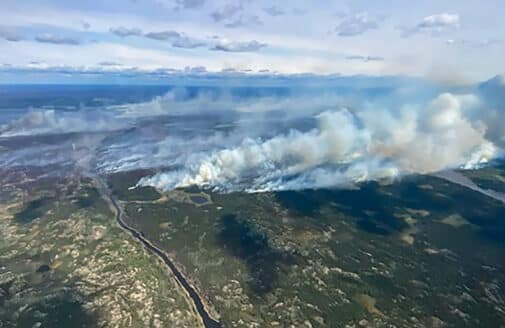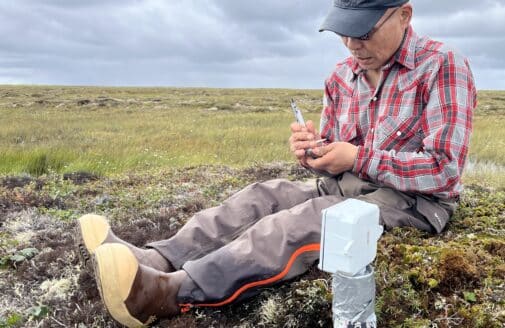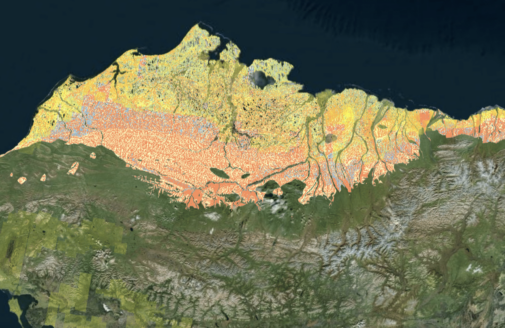Kaneb Speaker Series goes online during COVID-19

With most of America under instruction to help limit the spread of the coronavirus by staying home, Woodwell Climate Research Center (formerly Woods Hole Research Center) has moved spring speaker events online, launching the Kaneb Webinar Series. Each week, speakers are presenting key climate science topics in a way that’s educational and understandable for all ages.
“As this pandemic has forced us to close our schools, museums, and other places of learning, we wanted to give Americans new opportunities to engage with this important issue. The climate crisis is as pressing as ever, and our scientists continue to study climate change and develop solutions – even while working from home. We hope this speaker series helps people keep their connection to science, and to each other,” said Dr. Heather Goldstone, Woodwell Chief Communications Officer.
The first event on April 1, Climate Change in the Era of COVID-19, was watched by nearly 400 people. It was followed on April 8 by Can Tapirs Help Restore Amazon Forests? Other events include The Stories Rivers Can Tell presented by Woodwell Deputy Director Dr. Max Holmes on April 15 and an Earth Day Special on April 22. See the full schedule and register by going to Kaneb Speaker Series goes online during COVID-19.
The webinar series is one of many ways Woodwell Climate is responding and adapting to the coronavirus pandemic. Woodwell scientists and staff have been working from home since mid-March, when President and Executive Director Phil Duffy, following the advice of public health officials, closed the Falmouth campus indefinitely. With Woodwell’s laboratory shut down and protective equipment in short supply, Woodwell Climate Research Center donated 2,300 gloves to Falmouth Hospital.
Dr. Duffy has been featured speaking about COVID-19’s climate connection and the donation on PBS NewsHour, NBC Boston, WBZ-TV/CBS Boston, WCAI’s The Point, and other outlets.
“The COVID-19 pandemic is an extraordinary public health emergency and our thoughts are with its victims and the medical professionals working tirelessly to respond. Overcoming it will require strong leadership, preparation based on mathematical modeling of future scenarios, international cooperation, and a massive mobilization of public and private resources – all things we also need to confront the climate crisis,” said Dr. Duffy.
As highlighted in the first webinar and comments to the media, if there is a silver lining to the COVID-19 crisis it could be the collective realization that the unimaginable can happen, and that we are capable of dramatic action.







